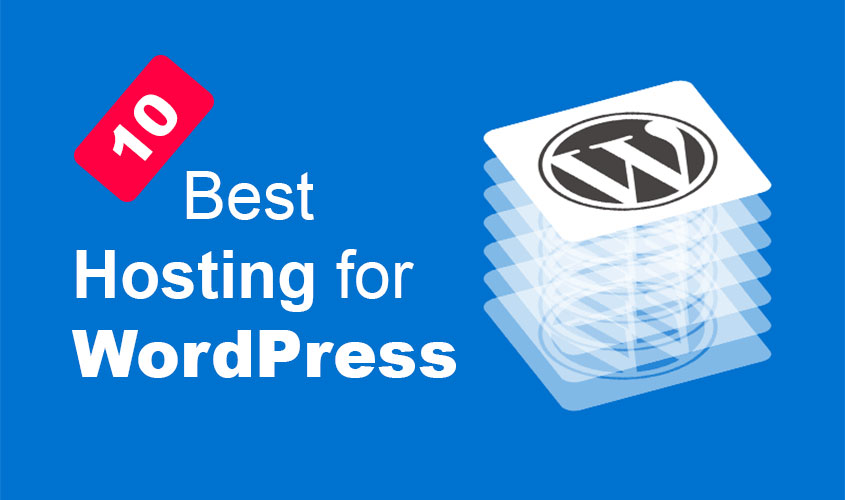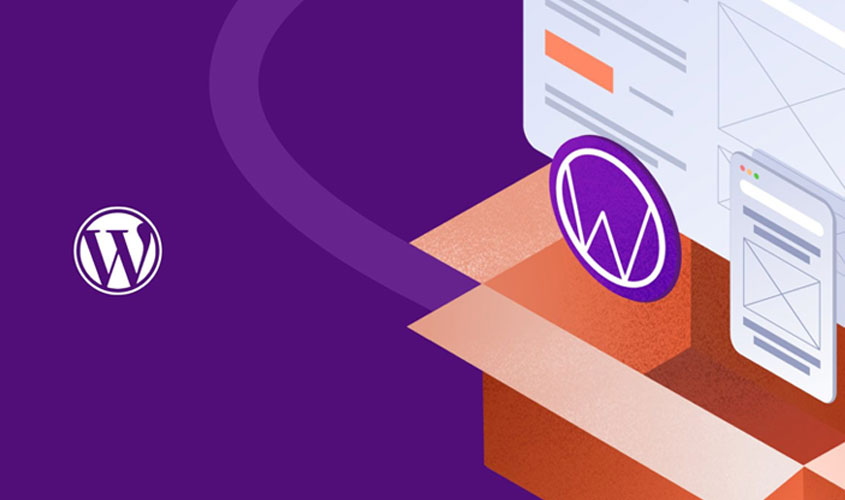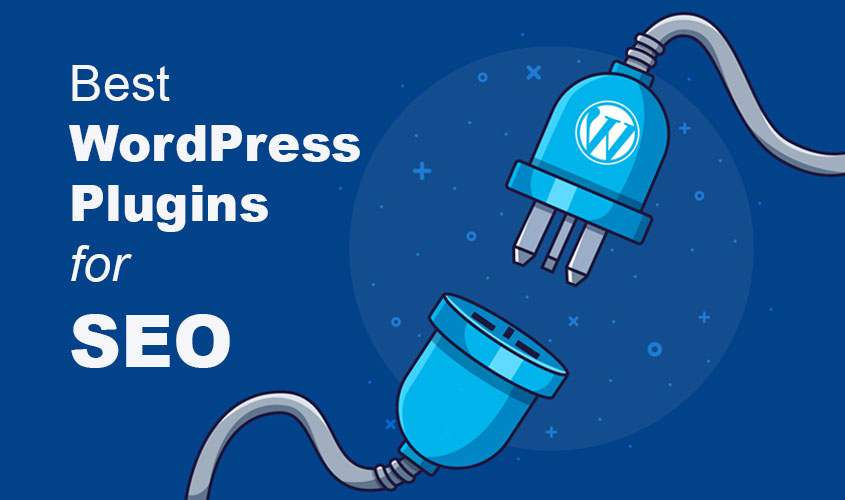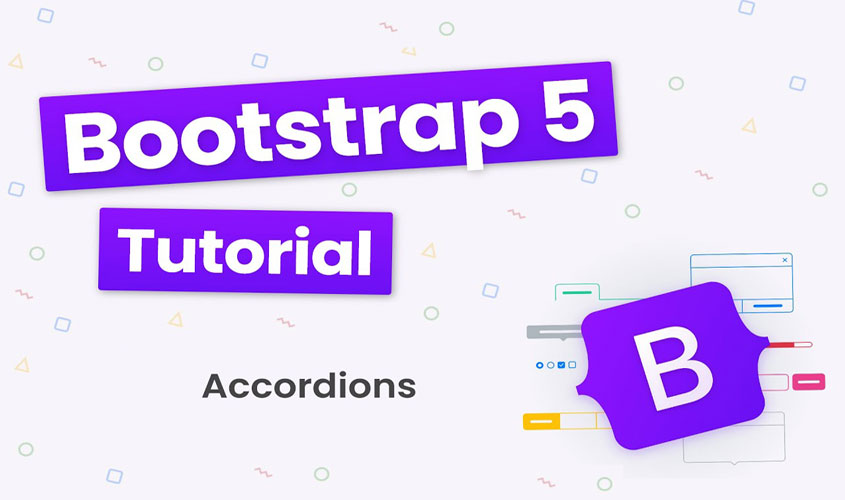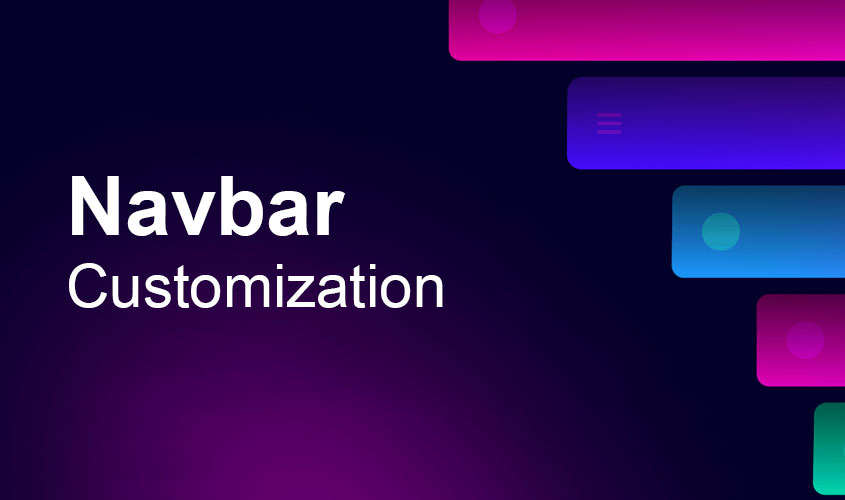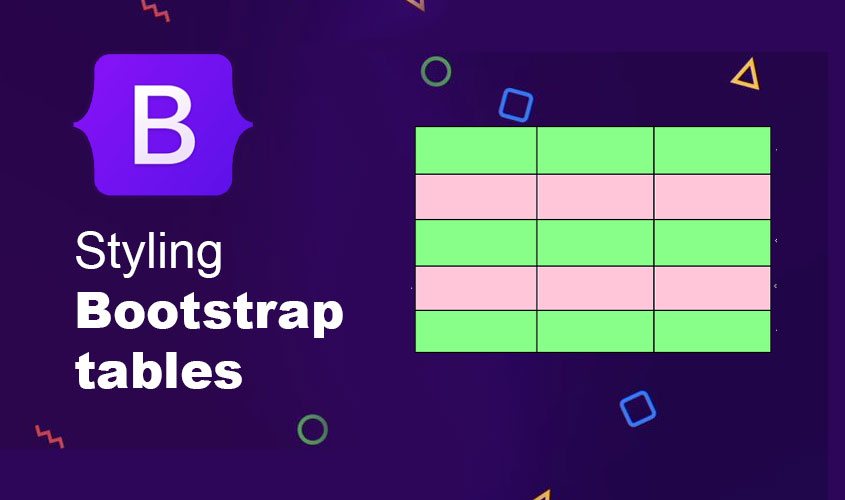The core WordPress software is primarily written in the PHP programming language, which is a server-side scripting language used for web development. PHP is a popular language for web development due to its ability to easily integrate with databases and its widespread availability on web servers. However, WordPress also uses other languages such as HTML , CSS , and JavaScript to create and style the website’s front-end and user interface. These languages are commonly used in web development to create and format web pages, and WordPress makes extensive use of them to create dynamic and responsive websites.
In addition to PHP, HTML , CSS , and JavaScript , WordPress also uses other languages and technologies, such as:
- MySQL: WordPress uses the MySQL database management system to store and manage website data, such as posts, pages, and user information.
- jQuery: WordPress uses the jQuery library, which is a popular JavaScript library, to enhance the functionality and interactivity of the website.
- XML: WordPress uses the XML language to import and export website data, such as posts and pages, between different WordPress installations.
- REST API : WordPress uses the REST API (Representational State Transfer Application Programming Interface) to enable communication and data exchange between the WordPress core and external applications and services.
- Sass: WordPress uses the Sass (Syntactically Awesome Style Sheets) preprocessor to improve the efficiency and flexibility of website styling.
- Bootstrap : WordPress incorporates the Bootstrap framework, which is a popular CSS and JavaScript framework, to create responsive and mobile-friendly website designs.
Overall, WordPress’s use of a variety of languages and technologies allows it to be flexible and adaptable to a wide range of web development needs, and makes it a popular platform for creating dynamic and interactive websites.
Some additional languages and technologies that are commonly used with WordPress:
- PHP frameworks: WordPress is built using the PHP programming language and is itself a PHP framework. However, developers can also use other PHP frameworks, such as Laravel or Symfony, to create custom WordPress plugins or themes.
- React: WordPress has begun to incorporate the React JavaScript library into its core codebase, which allows developers to create more dynamic and interactive user interfaces.
- Composer: Composer is a dependency manager for PHP that is commonly used to manage the dependencies of WordPress plugins and themes.
- Gulp and Grunt: Gulp and Grunt are task runners that are commonly used with WordPress development to automate repetitive tasks, such as compiling Sass files or optimizing images.
- Version control systems: Version control systems such as Git are commonly used by WordPress developers to manage changes to the codebase and collaborate on development projects.
- Cloud services: WordPress can be hosted on a variety of cloud services, such as Amazon Web Services or Google Cloud Platform, which offer scalability and flexibility for high-traffic websites.
By incorporating a wide range of languages and technologies, WordPress can offer a flexible and powerful platform for web development, while also enabling developers to customize and extend its functionality as needed.
